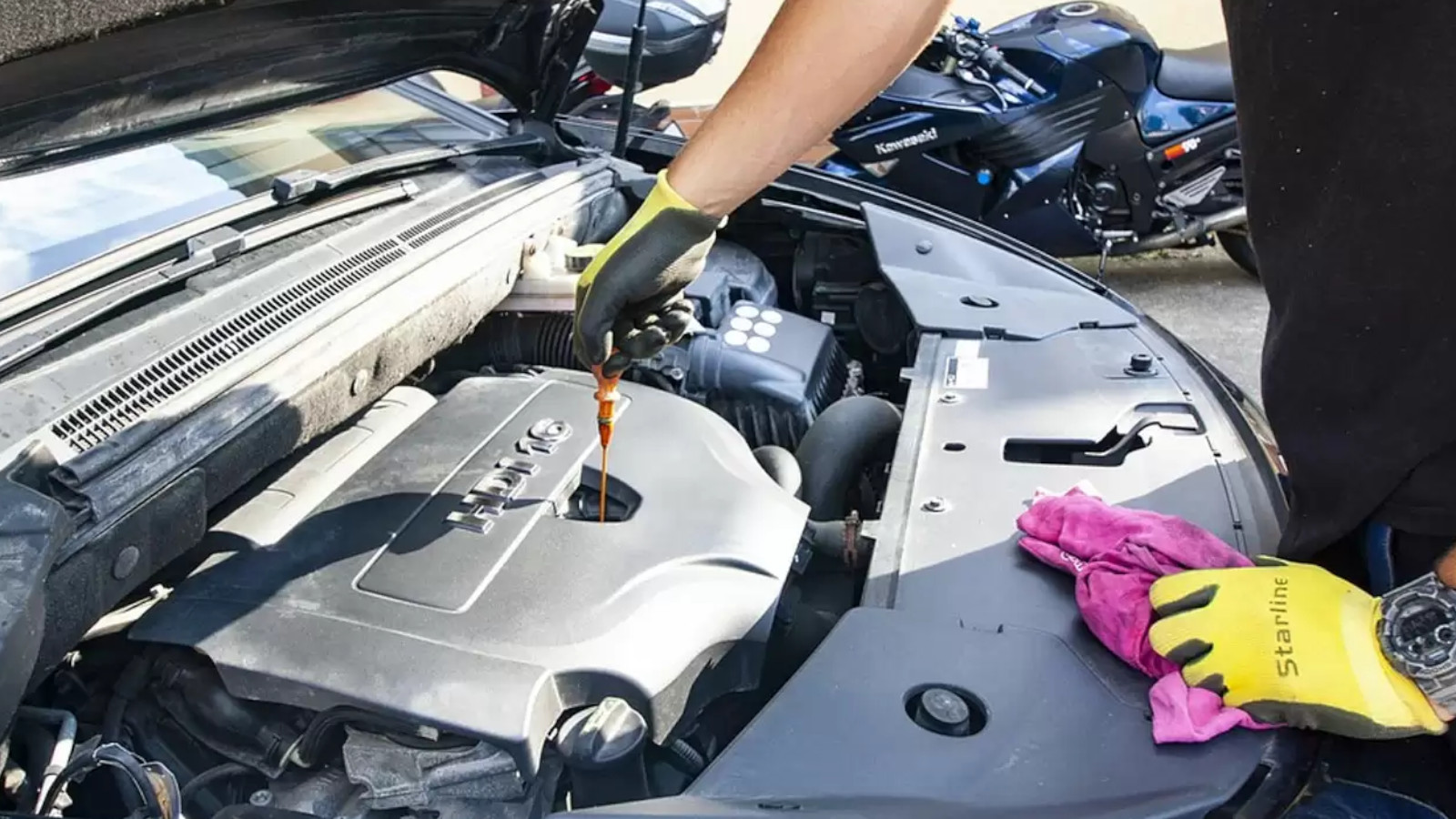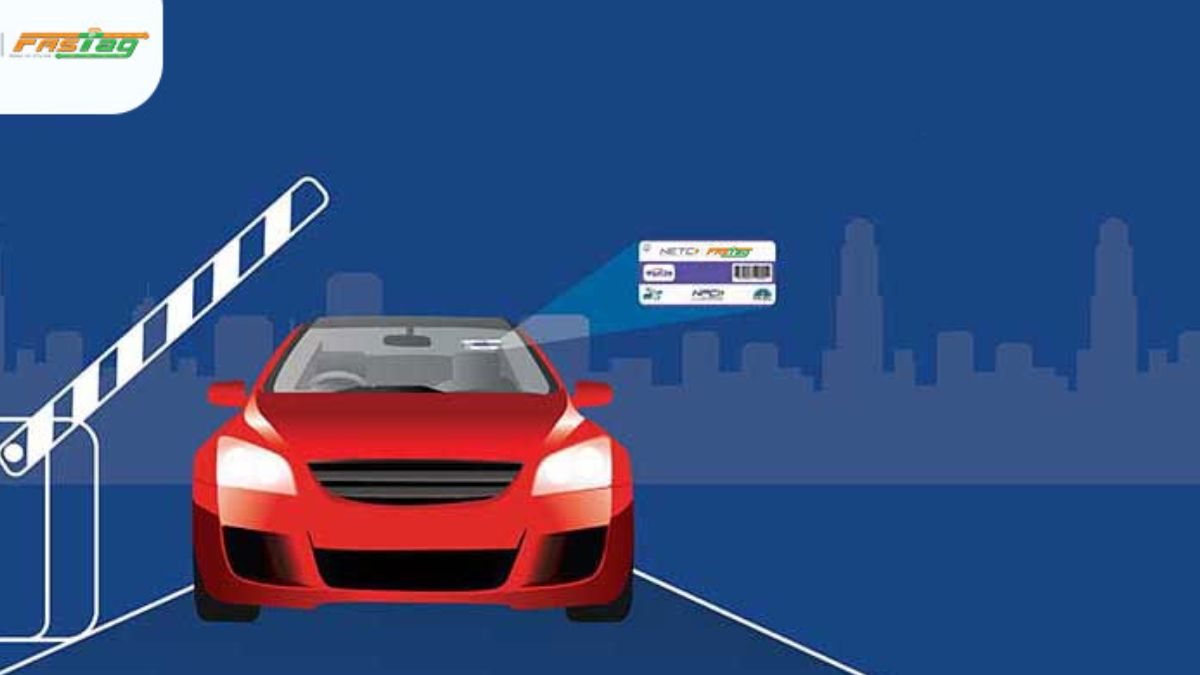As automotive enthusiasts, we understand the importance of maintaining our vehicles to ensure their optimal performance and longevity. One critical aspect of car maintenance is identifying and addressing oil leaks promptly. Ignoring oil leaks can lead to significant engine damage and costly repairs. In this comprehensive guide, we will walk you through the steps to identify oil leaks in your car and provide effective solutions to fix them, ensuring that your beloved ride stays in top-notch condition. Let’s delve into the details.
Understanding the Significance of Oil Leaks
Before we embark on the journey of discovering and fixing oil leaks, let’s grasp the importance of maintaining proper oil levels in your vehicle. Engine oil serves as the lifeblood of your car’s engine, lubricating its moving parts and dissipating heat. A well-lubricated engine operates efficiently, enhancing fuel economy and reducing friction, which in turn minimizes wear and tear.
Oil leaks disrupt this delicate balance, leading to decreased oil levels and improper lubrication. Over time, this can cause internal engine components to grind against each other, resulting in irreversible damage. Hence, identifying and resolving oil leaks promptly is vital to keep your car running smoothly.
Locating Oil Leaks
- Check for Oil Puddles: The easiest way to identify an oil leak is by inspecting the ground where you usually park your car. If you notice dark, greasy puddles forming underneath your vehicle, it is a clear indication of an oil leak.
- Inspect the Engine Compartment: Pop open the hood and carefully examine the engine compartment. Look for any visible signs of oil, such as oily residue on engine components or hoses. Pay close attention to the area around the oil filter and the oil pan, as these are common areas for leaks to occur.
- Examine the Oil Dipstick: Pull out the oil dipstick and check for any milky or foamy residue. If you spot such anomalies, it could indicate the presence of coolant in the engine oil, which may be due to a leak in the head gasket or other engine components.
- Inspect Undercarriage: Slide under the car with caution and examine the underside for any signs of oil leakage. Look for wet spots or streaks of oil along the oil pan and along the path where the oil might have dripped.
Common Causes of Oil Leaks
Now that we have identified an oil leak, it’s time to understand the potential culprits causing the issue. Several components in your car’s engine system can lead to oil leaks. Here are some common ones:
- Worn Gaskets and Seals: Over time, the gaskets and seals in your engine can degrade due to heat and pressure, leading to oil leaks. Common gaskets that may cause leaks include the valve cover gasket, oil pan gasket, and camshaft seals.
- Damaged Oil Pan: The oil pan, located at the bottom of the engine, can be susceptible to damage from road debris or speed bumps, resulting in leaks.
- Faulty Oil Filter: A loose or damaged oil filter can cause oil to seep out of the engine.
- Cracked Engine Block: Though rare, a cracked engine block can lead to significant oil leakage and requires immediate attention.
Steps to Fix Oil Leaks
Now that we’ve identified the potential causes, let’s proceed with the steps to fix the oil leaks:
- Inspect and Replace Gaskets and Seals: Once you have pinpointed the specific gasket or seal causing the leak, it’s time to replace it. Remove the faulty gasket or seal carefully, clean the surfaces, and install the new one securely.
- Repair or Replace the Oil Pan: In the case of a damaged oil pan, assess the extent of the damage. Minor dents might be repairable, but significant damage may require replacing the entire oil pan.
- Tighten or Replace the Oil Filter: If the oil filter is loose or damaged, tighten it securely or replace it with a new one. Make sure it is installed correctly to prevent future leaks.
- Seek Professional Help for Engine Block Cracks: If you suspect a cracked engine block, it is essential to seek professional assistance immediately. Engine block repairs are complex and require specialized knowledge and equipment.
Preventing Future Oil Leaks
Prevention is always better than cure, and the same applies to oil leaks. Here are some tips to help prevent future oil leaks:
- Regular Maintenance: Stick to a strict maintenance schedule that includes regular oil changes and inspections to identify potential issues before they escalate.
- Use Quality Engine Oil: Always use high-quality engine oil that meets the manufacturer’s specifications. The right oil can prolong the life of your engine and reduce the chances of leaks.
- Avoid Overfilling: Refrain from overfilling the engine with oil, as it can lead to excess pressure and potential leaks.
- Be Mindful of Driving Habits: Avoid aggressive driving, as it can put unnecessary strain on your engine and its components, potentially leading to leaks.
Conclusion
In conclusion, identifying and fixing oil leaks in your car is essential for maintaining its health and performance. Regular inspections and timely repairs can save you from expensive engine damage and prolong the life of your vehicle. Remember to be vigilant about any signs of oil leakage, and take action promptly to address the issue.
Discover more from Wheels Craze - Automotive News, EV News, Car News, Bike News
Subscribe to get the latest posts sent to your email.




